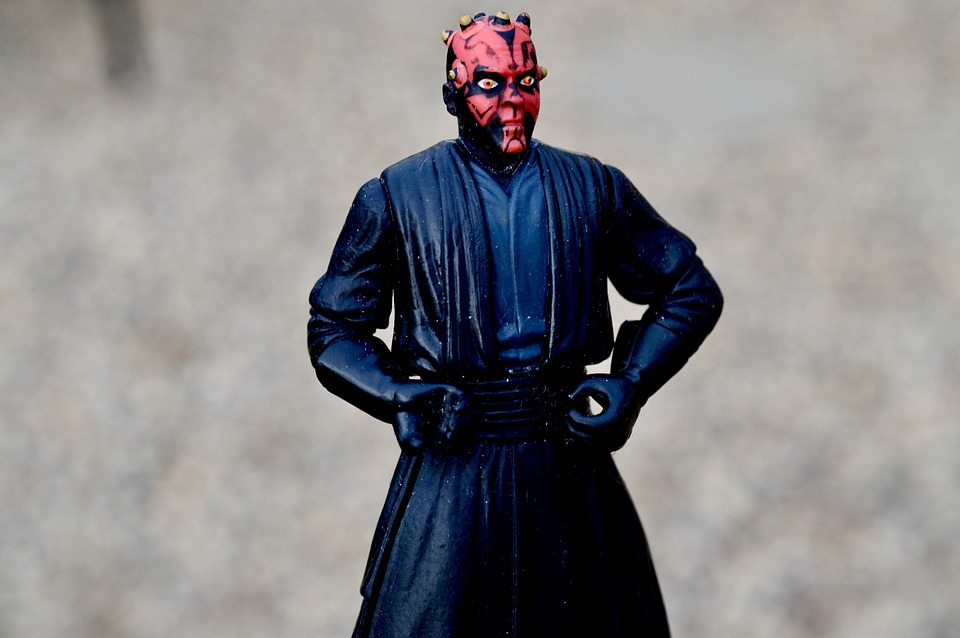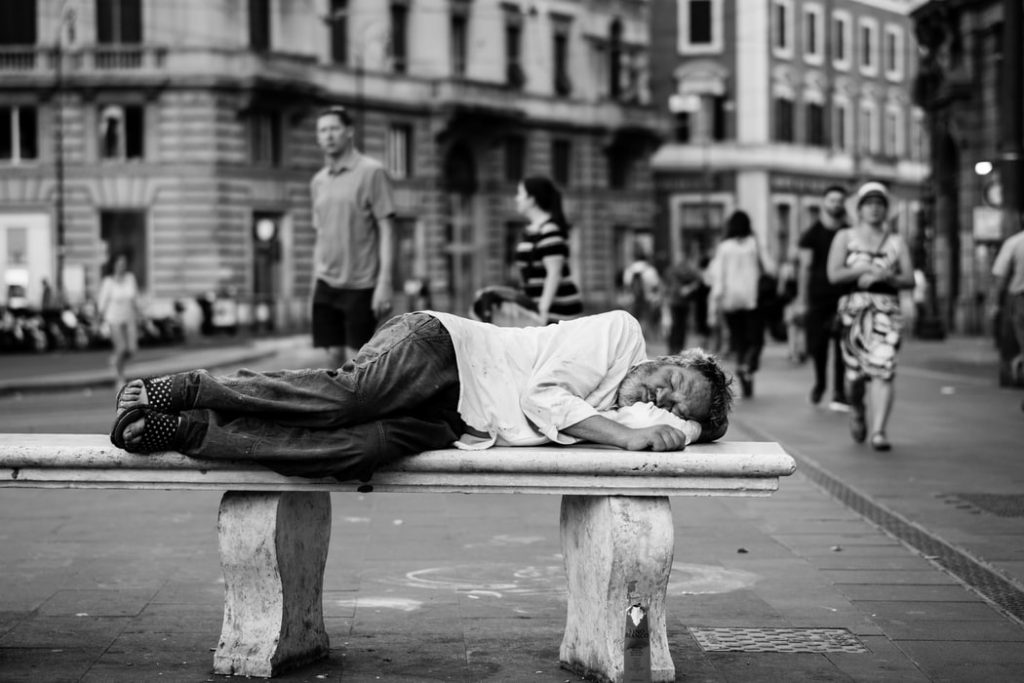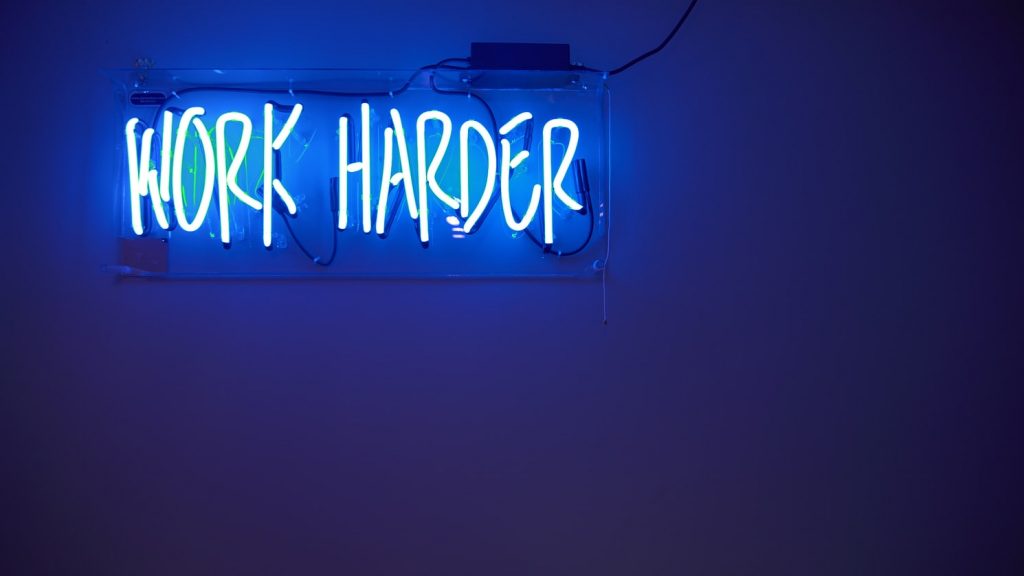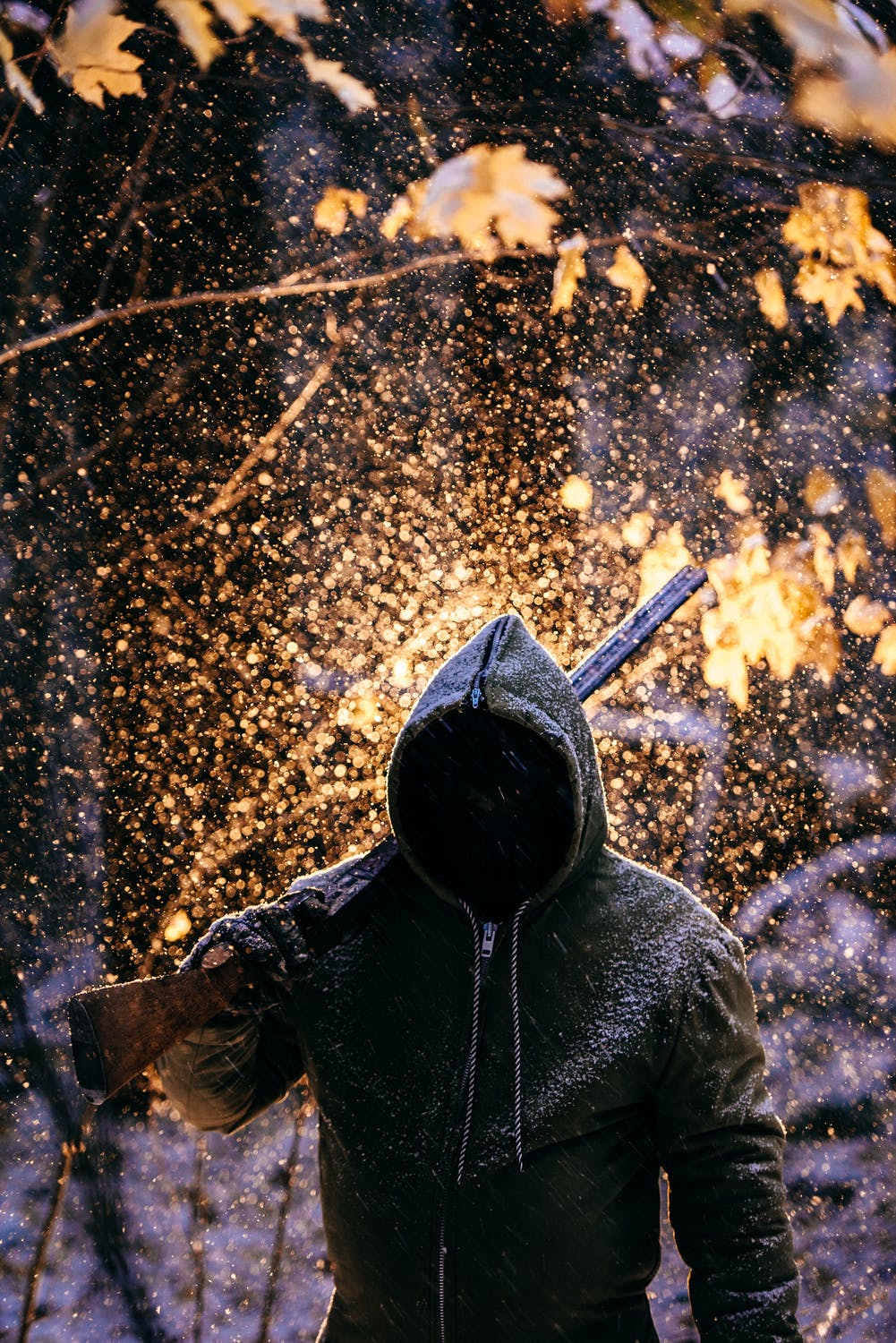
Imagine we take a baby from one part of the earth and transplant it into a new environment in a completely different culture, with drastically different material circumstances, on another part of the planet. Maybe it’s a baby born in Singapore, and we transplant it into a family in the middle of a warzone in Yemen. Imagine we know that in Singapore, it would have grown up to be a successful MD. Do you think that outcome is as likely now, with the baby’s new surroundings?
Or maybe instead we take a baby born in that Yemeni warzone and transplant it into a family in Singapore. Will its future be more or less bleak now?
This isn’t a difficult thought experiment to imagine, and it makes the influence of environment on a person’s life circumstances immediately clear. An argument that our infant transplants would live similar lives to those they’d have lived if we hadn’t relocated them would be quite an uphill battle.
The idea that a person’s environment and culture play a role in how their life turns out is called social determinism, and it’s one of the foundations of the science of sociology.
Our parents and culture pass specific values and beliefs to us. Our society may support us with schools, physical and mental health care, public transportation, and other rungs on a ladder we can climb to health and wealth. Or it may let us fend for ourselves.
The world treats us differently depending on our sex and gender, the color of our skin, the way we dress, how smart we are, and how much money we have.
If we live in one neighborhood, we’re exposed to substance abuse from a young age. If we live in the next zip code over, we aren’t.
Even the food we put into our bodies comes mostly from the culture and circumstances around us, not from any innate quality we were born with.
No one chooses these things for themselves. But if we turn the dials on these life parameters up or down, we can change how likely a person is to get a job, or die young, or find love or even close friendship.
There’s a lot of valid criticism of social determinism, much of it aimed at the camp of people who think that social determinism is all there is. That we’re just reeds in the wind, helpless but to sway back and forth with the social currents.
An opposing camp claims, essentially, that genetics is all there is. The two camps like to bicker back and forth about nature and nurture. The best science we have available, however, indicates that both views are correct, and that it’s kind of silly they fight so much.
It turns out that our social/material environment and our genetic makeup combine with our own choices,* enabling or constraining each other throughout our lives. The influence of genetics is strong, outlining our personality, determining our physical capabilities, and even predisposing our political views. The influence of our social environment is also strong: the impact of our parents, our friends, the leaders we respect, and the movies we watch. Genetics and environment interact in many ways, too.
If we could simply take this science and use it to build sound policy, that would be the end of the story (and this blog post). Unfortunately, though, we Westerners live in a society that really likes to neglect social determinants. Steeped in individualism (a social determinant itself!), we see ourselves and others as independent operatives, birthed from the womb with wills forged from steel, ready to impose our ambitions, which came from nowhere but the tenacious fibers of our own minds, on the world. We imagine that everything that happens in our lives, both good and bad, from birth until death, is a result of our own personal choices.
This hardcore individualism is probably what provoked such a hardcore response from the social determinists.
Pop culture is starting to talk about social determinants a lot. A large segment of social science, politics, the media, and the fine arts has gotten very good at identifying inequalities in these social determinants and in working to correct them, supporting groups who have suffered from inequity.
Most of this newfound attention hasn’t translated into policy yet. We have a tremendous amount of work to do to build a more equitable world, but at least knowledge of inequity’s victims is out there and is being publicly discussed more widely than ever before. We’re increasingly aware that a whole host of precursors completely outside an individual’s control can nevertheless shape the course of their lives. And under society’s current rules, a whole lot of people aren’t doing so well with many of these precursors.
And why is that? That’s the next question many of us ask. If someone is suffering due to social circumstances, someone must be at fault. An individualist might blame the person who’s suffering. Fortunately, we as a culture are learning that this response is often inappropriate.
Instead, we look for someone else on whom to cast blame. We seek out the people who are victimizing others, who are turning the dials of social determinants in directions favoring themselves and harmful to their victims.
Criminals and terrorists, some might say. Bigots and white-collar thieves, others might say. They’re just plain evil, so we should strip them of their voices, ridicule them, mock them, get revenge.
With so many powerful people in the world doing so many awful things, this view is tempting. But it forgets one crucial point that hasn’t surfaced yet in the popular conversation.
Social determinants don’t just affect victims. They affect perpetrators, too.

Every criminal, terrorist, mass shooter, bigot, and corporate thief was once a baby who could have been exchanged with another baby. In spite of their genetics, they could have gone on to live a largely different life. Their parents, their culture, and numerous parameters of the life they were born into, completely outside their control, helped to shape the person they became.
(We can also all think of a world leader or two whom, if we could go back in time and give them a loving childhood, some psychiatric help, and the social circumstances to make them less of a bully, the world would be much better off today.)
But we don’t care about any of this. Why try to see the perspective of a bad person, after all? Wouldn’t our energy be better spent trying to defeat them?
So we pile ourselves on top of internet mob justice bulldozers, we let the percentage of our population in prison drift as high as the Soviet Union’s, we start disproportionately massive wars to punish terrorists, and we shame, punish, shame, punish.
In other words, we’re hypocrites: we’ve grown up enough that we can apply some social determinism to the victims of bad actions, but when we analyze the perpetrators, we revert right back to the hardcore individualism I described earlier. They “did it themselves,” with no influence from their society. (Or sometimes we pay lip service to social factors while our actions toward perpetrators remain the same old shaming and punishing.)
We still assume most bad people behave badly because they’re evil. But this isn’t the case at all. Most bad people behave badly because they’re misinformed. They grew up in such a way that their view of reality is flawed and they’re unable or unwilling to amend it. Genetics and personal choice play roles, too, of course. But everybody talks about them, and very few people discuss the role of social determinants in relation to perpetrators of harm.
It’s interesting to note that criminals usually come up with a moral justification for what they did, no matter how heinous it was. And in fact, they usually form that moral justification before they commit their crime. When we pigeonhole their motives as simple selfishness or hate, we miss the moral reasoning that went through their minds. Most criminals genuinely believed they were doing the just thing.

Perceiving simple, evil, individualist motives in bad people isn’t just something we do in real life — we do it in our fiction, too. The heroes in our popular stories often have emotional depth while the villains are cardboard cutouts with relatively little character development. This just reinforces our belief that bad people are acting in a social vacuum. The world was bright and sunny until their individual evil screwed it up.
The social environment we live in is not always bright and sunny, so I try to approach my own character planning even-handedly, giving villains just as much detail and attention as heroes. (I’m supremely grateful to George R. R. Martin for opening my eyes to this approach years ago.) Exploring why bad people do what they do is a cornerstone theme in most of my stories.
Thorn is literally one of Satan’s old friends who tries to defect to the good side, only to be scorned by a society of angels and a deity who considers him irredeemable. Alan is a murderer who killed primarily because of a toxic subculture he immersed himself in, and as we see later in the book, he’d have become an entirely different person without that subculture’s influence. My short story The Vandal hits the theme most directly, and my upcoming time travel book The Bad Part of Time explores the hatred that arises when people with opposing political views see each other as irrevocably evil.
I think exploring the social circumstances that shape bad people interests me because it’s so unexplored in pop fiction (with some fantastic exceptions), and there’s inherent tragedy and drama in the fact that no one cares enough to intervene in those circumstances before bad things happen. Who cares why a criminal, or a terrorist, or a mass shooter, or a bigot, or a corporate thief became such a horrible person? Evil people don’t deserve to have their stories told or heard. They only deserve to be shamed and punished. Or so we tell ourselves.
The problem with this approach is that it focuses on punishing people after they’ve already done something wrong. The bad thing has already happened. Tragedy has struck. It’s too late to stop it; all we can do is get revenge.
This makes for great drama in fiction, but not in real life. In real life, I think it’s much more constructive to focus on creating the social conditions for the criminal, the terrorist, the mass shooter, the bigot, or the white-collar crook to never become that type of person in the first place. Or if they already have, to focus on shepherding them out of it. Change the social determinants, change the person.
In order to take this approach, though, we first need to understand bad people. And we can never understand them if our sole reactions to them are shouting, shaming, and punishing.
When I explain all this to friends and acquaintances, I’m usually asked why I’m defending bad people. Am I saying we should let criminals get away with it? Am I urging forgiveness for mass shooters? Am I suggesting we should accept bigotry as a normal part of our culture?
Not at all. We absolutely should not tolerate bad actions or ideas that truly result in harm. We should forcefully criticize injustice. But we should remember that a lot of injustice is perpetrated by pernicious social norms rather than by individuals or groups who cause harm intentionally. We should do much better at understanding where bad people are coming from so we can stop more babies from growing up to become them in the future.
I’m also not saying we should disregard personal choice or the deterring force of punishment when we evaluate how we should respond to bad people. Social determinism is indeed only part of the picture. The problem is that when we make these evaluations, we usually neglect to give any weight at all to the social influences over which the perpetrator had no control. We should give them weight.
And we need tolerance for people who try to cultivate curiosity about these issues. Not just for me and other storytellers, but for academics who research them and public policymakers vested with the power to make change. If we can get rid of the stigma surrounding any perceived sympathy shown to bad people, we can likely find more effective approaches for dealing with them.
I’m interested in building a world where no baby grows up to be a victim of criminals, terrorists, mass shooters, bigots, or corporate thieves—not because we’ve punished them into oblivion, but because we’ve created the social conditions to stop them from becoming bad people in the first place.
Clearly, we can’t build that world by changing people’s genes, and even if we could, we’d find ourselves buried in an avalanche of ethical dilemmas. Nor can we build that world by manipulating people’s personal choices. We’ve tried that. And tried it. And tried it again and again and again.
It seems that growing a healthy social environment is the best big lever we have left to pull. It hasn’t been pulled often before because success is hard to measure and progress is difficult.
But we should try.
*A discussion of free will is a whole other can of worms that I didn’t want to open in this blog post, but my short story The Vandal delves into my thoughts on it.








